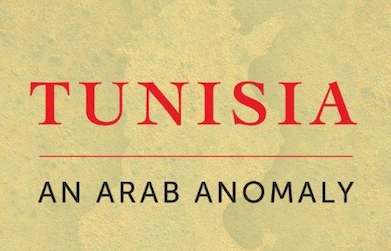
When
February 1, 2018
6:30pm - 8:00pm
Where
American University of Beirut
305 E 47th St
New York NY
“Tunisia: An Arab Anomaly” — A Conversation with Professor Safwan Masri
6:30pm-7:30pm Conversation
7:30pm-8:30pm Reception
[REGISTRATION CLOSED]
ABANA is delighted to invite our members to a conversation with Professor Safwan Masri, Executive Vice President for Global Centers and Global Development Senior Research Scholar, School of International and Public Affairs at Columbia University.
Drawing on his recent book, Tunisia: An Arab Anomaly (Columbia University Press, 2017), Professor Safwan Masri will examine the factors that contributed to Tunisia’s experience after the Arab Spring, focusing on the country’s history of reformism in the domains of education, religion, and women’s rights. Masri will argue that the seeds for today’s relatively liberal and democratic society were planted as far back as the middle of the nineteenth century. These factors have not only been missing in other Arab counties, but an opposite, regressive trajectory has been followed in much of the rest of the region.
The Arab Spring began and ended with Tunisia. In a region beset by brutal repression, humanitarian disasters, and civil war, Tunisia’s Jasmine Revolution alone gave way to a peaceful transition to a functioning democracy. Within four short years, Tunisians passed a progressive constitution, held fair parliamentary elections, and ushered in the country’s first-ever democratically elected president. But did Tunisia simply avoid the misfortunes that befell its neighbors, or were there particular features that set the country apart and made it a special case? How does the country consolidate its democratic gains as civil society and government priorities clash over issues of security, transitional justice, and economic reform?
